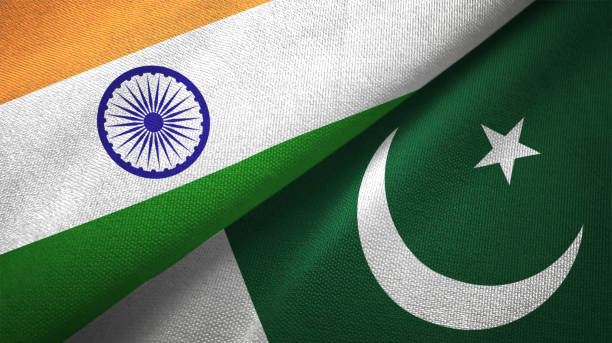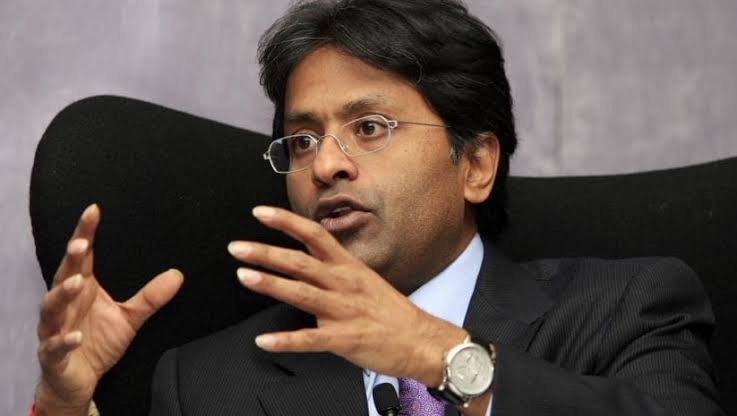India Counters General Munir’s ‘Jugular Vein’ Remark on Kashmir
Tensions flared between India and Pakistan once again after Pakistan Army Chief General Asim Munir reignited the age-old Kashmir rhetoric by calling the region Islamabad’s “jugular vein.” Speaking at the Overseas Pakistani Convention in Islamabad, Munir emphasized that Pakistan would never abandon Kashmir, drawing strong objections from New Delhi.
Reacting to the remarks, Ministry of External Affairs (MEA) spokesperson Randhir Jaiswal issued a clear and firm rebuttal. “How can anything foreign be in a jugular vein?” he questioned, reiterating that Jammu and Kashmir is a Union Territory of India. “Its only relationship with Pakistan is the vacation of illegally occupied territories by that country,” Jaiswal asserted during his media briefing on Thursday.
MEA Stresses on Pakistan Vacating Illegally Occupied Territories
India’s position on Kashmir remains unwavering. According to the MEA, Pakistan should focus on withdrawing from areas of Jammu and Kashmir that it continues to illegally occupy, rather than making provocative statements that attempt to distort historical and legal facts.
The Indian government views the entire region of Jammu and Kashmir, including Gilgit-Baltistan and PoK, as an inseparable part of the nation. These territories have remained under Pakistani control since the first war between the two countries in 1947-48 and have been a constant source of diplomatic friction.
Rhetoric of Two-Nation Theory Resurfaces
In his speech, General Munir also revived the divisive “two-nation theory,” which formed the ideological basis for the creation of Pakistan. “Our religions, customs, traditions, and ambitions are different,” he said, suggesting that Pakistan and India could never be one. Munir urged overseas Pakistanis to continue sharing the story of Pakistan’s creation and to remain loyal to its ideological roots.
This emphasis on religious separation was seen by many analysts as an attempt to reignite nationalist sentiment within Pakistan. However, India has dismissed these ideological narratives as outdated and counterproductive, especially in a modern, pluralistic world where cooperation and development are needed more than hostility.
India Denounces Pakistan’s Continued Interference in Internal Matters
The Indian side has consistently criticized Pakistan for meddling in India’s internal affairs, particularly on sensitive issues like Kashmir. New Delhi maintains that the abrogation of Article 370 and the reorganization of Jammu and Kashmir into a Union Territory are sovereign decisions made by the Indian Parliament.
India has also highlighted Pakistan’s poor track record when it comes to protecting minority rights within its own borders. The MEA has often questioned how a country that struggles to ensure religious freedom and civil rights at home can lecture others about governance and justice.
A Call for Peace: India’s Firm But Measured Response
While India’s response to General Munir’s remarks was stern, it was also measured — avoiding unnecessary escalation while firmly defending its sovereignty. India continues to maintain that constructive engagement with Pakistan is only possible in an atmosphere free of terrorism and cross-border provocations.
India’s focus remains on development, integration, and peace in the region of Jammu and Kashmir. Investments in infrastructure, tourism, digital connectivity, and grassroots governance are being seen as the new face of the Union Territory — a contrast to the conflict-driven image pushed by Pakistan’s military establishment.
General Asim Munir’s assertion that Kashmir is Pakistan’s “jugular vein” has once again exposed Islamabad’s continued obsession with an issue that India considers settled both constitutionally and politically. India’s measured but firm reply signals that while the government remains open to peaceful engagement, any attempt to question the country’s sovereignty will be met with resolute clarity. For now, the world watches as yet another diplomatic skirmish unfolds between the two South Asian neighbors — a reflection of deeper historical scars and present-day geopolitics.






